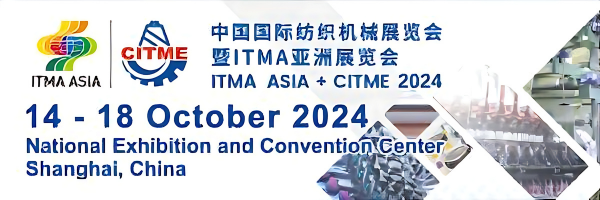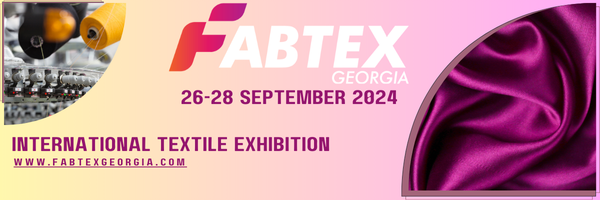In a move towards sustainable practices, the European Union (EU) has unveiled stringent trade policies, including the June 2022 EU Strategy for Sustainable and Circular Textiles (EUSSCT), raising concerns about potential trade protectionism.
This strategy, set to transform the textile industry, is anticipated to have a profound impact on East Asian textile manufacturers, who contribute over 70% of the European Union’s textile supply.
The EUSSCT introduces environmental regulations requiring companies engaged in clothing and apparel trade with the EU to meet durability, absence of hazardous substances, and predominant use of recyclable materials standards by 2030.
This strategy positions the European Union as a leader in promoting sustainable manufacturing and consumption, influencing commercial partners to adopt eco-friendly practices.
Despite being a vital contributor to Asian economies, with the garment, textiles, and footwear sectors generating approximately 60 million jobs, the industry remains a significant environmental burden. East Asia, particularly countries like China, Indonesia, Vietnam, and Cambodia, serves as the production hub for major European fast fashion brands.
East Asia serves as the primary global hub for garment production, hosting heavyweight contributors to the European fast fashion industry such as Nike, Zara, C&A, and H&M. Notably, textiles rank as the fourth-largest environmental burden resulting from European consumption.
East Asia, responsible for 55% of global textile exports in 2019, faces a turning point with these new regulations. The region, experiencing rapid growth due to trade agreements like the EU–Vietnam Free Trade Agreement, now finds itself adapting to the evolving standards imposed by the EUSSCT.
As an illustration, Vietnam’s contribution to the global market was substantial, with exports of apparel, garments, and textile products reaching a value of US$37.6 billion in 2022. Out of these exports, 5.4 billion euros (US$5.8 billion) found their way to the European Union.
Challenges loom for East Asian garment and textile manufacturers, as the COVID-19 pandemic has already impacted the industry. Reduced demand in key markets, including the EU and the United States, poses additional hurdles. The EUSSCT’s regulations may intensify these challenges.
The EUSSCT aims for full circularity by 2030, pressuring East Asian businesses to comply with circularity, traceability, and decarbonization requirements. The sector’s heavy water and chemical usage also contribute to water pollution, urging a shift towards sustainable business models.
Opportunities arise as well. Embracing green production practices can prepare the region for similar policies from other developed markets. Companies like Singapore-based Ramatex, Vietnam’s Spectre garment factory, and South Korea’s Hansae Group and the Hanoi Textile and Garment Joint Stock Corporation have already made strides in sustainability.
To meet EU standards, East Asian textile and apparel industries must enhance their capabilities and knowledge in environmental sustainability. Governments should enact supportive policies, tax incentives, and subsidies to encourage eco-friendly technologies and green supply chain practices. Collaboration, research and development investments, and comprehensive education and training programs are crucial for a sustainable transformation.
Despite challenges, this paradigm shift towards sustainability offers a unique opportunity for East Asian textile and apparel manufacturers to align with global standards and improve their environmental impact.

















